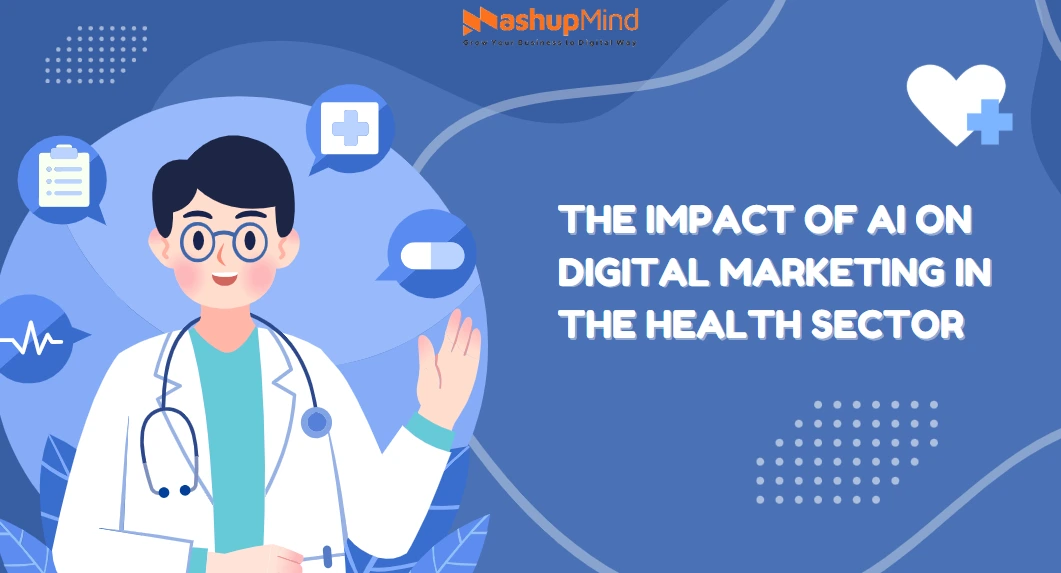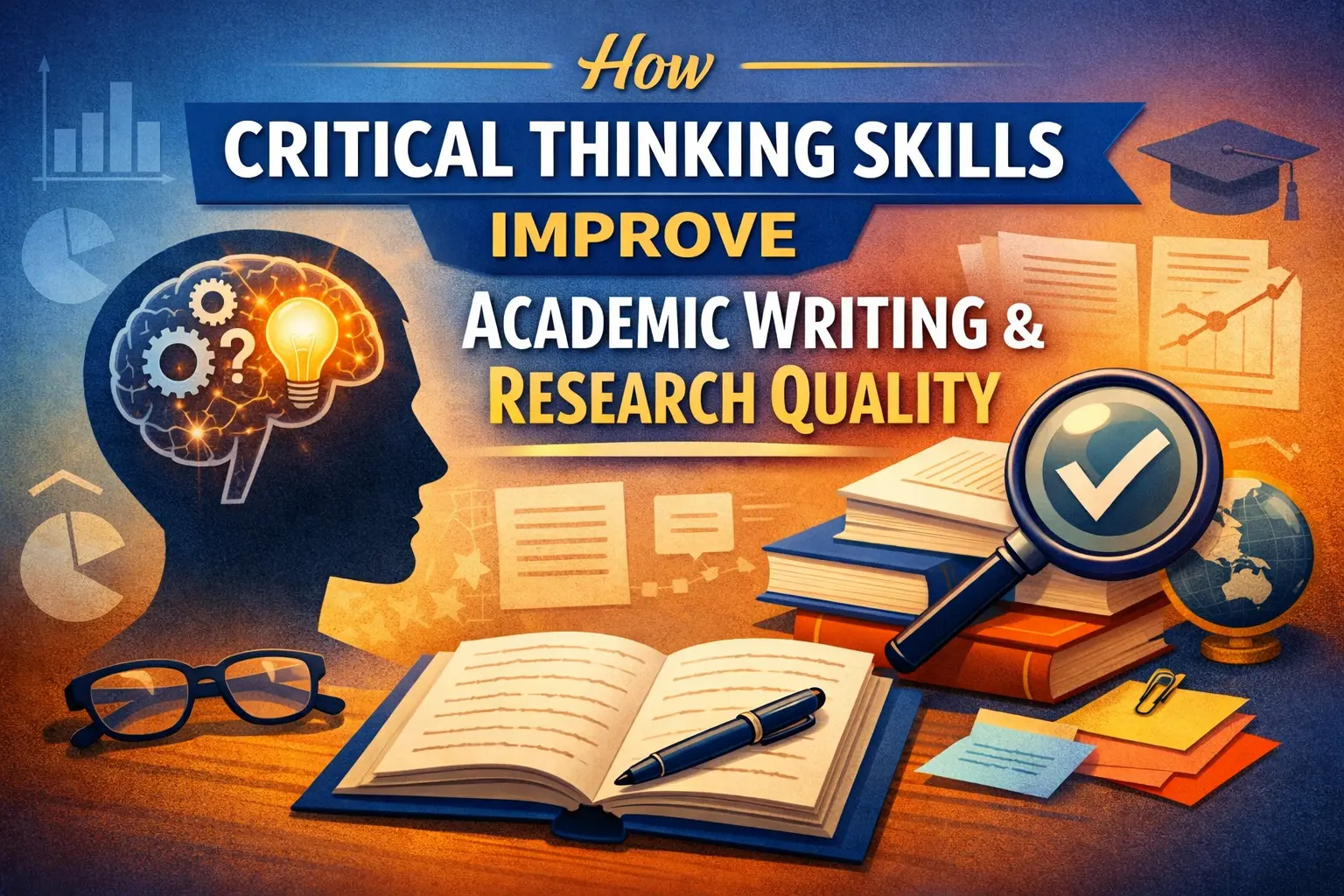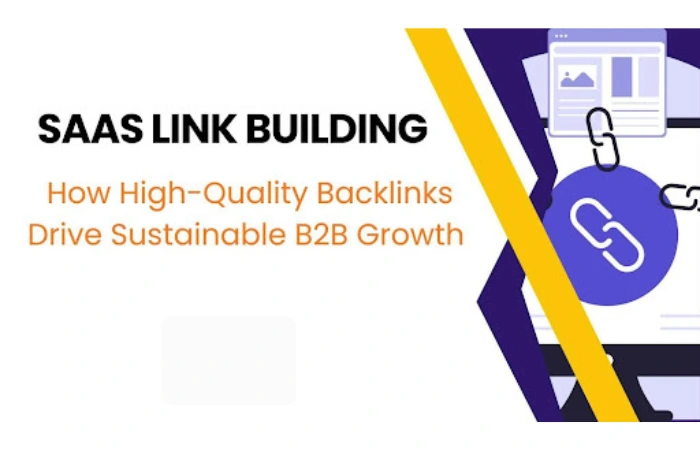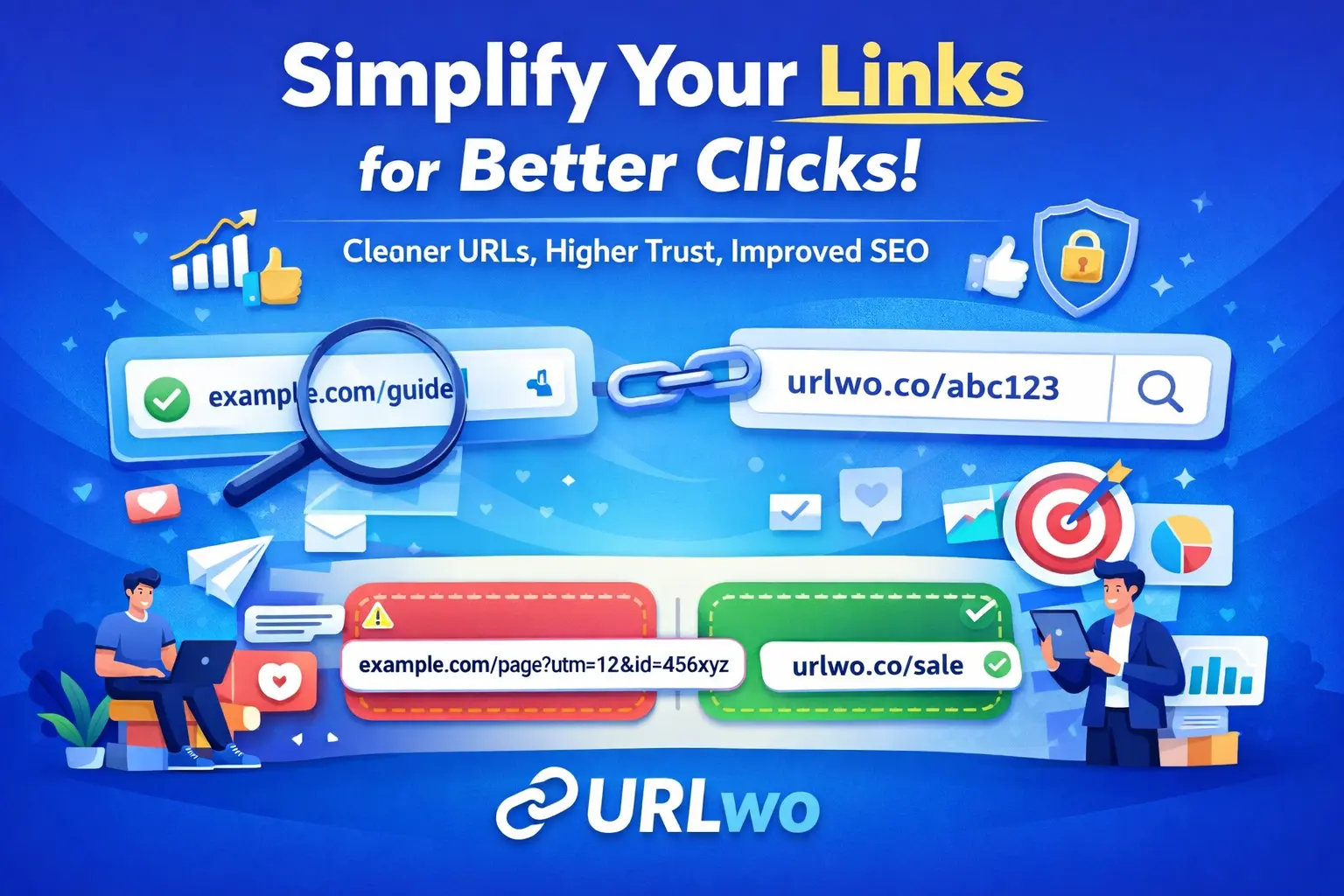Artificial intelligence (AI) has revolutionized a number of industries, and the healthcare industry is not left behind. Digital marketing using AI is transforming the world of health care services, pharmaceuticals, and wellness companies to communicate and connect with their target clients. Whether it is personalized marketing campaigns or AI-based chatbots, the use of AI in digital marketing is bringing innovation on patient communication efforts, efficiency, and health delivery outcomes. This article examines the influence of AI on digital marketing within the health sphere, pointing out the major innovations, advantages, and perspectives.
Healthcare Marketing Personalization with AI
Personalized content is one of the biggest means through which the use of AI is influencing digital marketing in the health sector. The AI algorithm examines user activity, search history, and social media activity and provides them with the appropriate information that matches their personal health-related interests. Such an individualized treatment boosts interactions and establishes trust among the medical professionals and patients.
As an example, AI-based recommendation engines can churn out useful health-related articles, wellness programs, or home-based health tools depending on the previous engagement of a user. This guarantees that the most suitable information is provided to potential patients, which eventually results in increased conversion rates by healthcare businesses.
Virtual Assistant and AI Chatbots
The health sector is popularizing the use of AI-based chatbots as virtual assistants. Such instruments respond immediately to the queries of patients, make bookings, and give basic medical suggestions, thus offloading human resources. The health sector is using digital marketing opportunities to engage chatbots to improve customer services, efficiency in response, and the overall ease of interactions with patients.
Integration of chatbots into healthcare websites or social media will help to respond to the most common questions related to symptoms, insurance coverage, and treatment opportunities. It not only enhances patient satisfaction but also enables healthcare providers to be in constant touch with their audience.
Better Targeting using Predictive Analytics
Artificial intelligence and Predictive analytics are transforming the approach to targeting potential patients by healthcare marketers. With the ability to interpret massive data, AI can also determine patterns and trends that will guide businesses to conduct marketing activities to the desired audience. An example is that predictive models can be used to predict the demographics most likely to use or be interested in a given health service, and this can be used by marketers to make very precise marketing campaigns.
In a similar vein, AI-based analytics can be used to optimize the allocation of ad spend as well, calculating which platforms and at what times they should be used to deliver messages to the target audiences. This means that the healthcare firms will be able to spend their marketing funds more efficiently and get a better investment.
Read : HRMS Globex: A Comprehensive HR Solution For Businesses
Voice Search Optimization and Artificial Intelligence
Due to the increasing popularity of voice search applications such as Google Assistant, Siri, and Alexa, AI is starting to affect web access to health-related information. A good number of consumers are now searching with voice commands and seeking hospitals, health symptoms, and health advice. In the quest to adjust to this trend, health sector digital marketers are, therefore, optimizing their content using voice search by writing on conversation-related keywords and responding to the frequently asked questions touching on health issues in a natural and easy to comprehensible language.
Social Media Marketing of Healthcare with AI
AI algorithm analysis contributes to healthcare brands to develop a powerful strategy of marketing strategy, as social media platforms have access to analyzing user behavior and interests in the desired context. AI allows companies to automate their social media content, track levels of engagement, and determine trending topics in health areas that are popular among their target audience.
Moreover, sentiment analysis software solutions with the assistance of AI can allow healthcare marketers to determine the attitude of the masses towards a certain health concern, treatments, or brands. With audience sentiment, a business would be in a good position to improve its communication with its patients and customers, making them have a stronger relationship.
AI in Healthcare Advertisement
Advertising platforms Google Ads and Facebook Ads, powered by AI, analyze historical data in order to optimize displays with machine learning. AI has found its use in the health sector, whereby advertisers can target users on the basis of search history, online behavioral data, and the information that defines them in the demography. This will mean that healthcare advertisements are being displayed to a group of people who stand the best chance of succeeding in utilizing the services being advertised.
Moreover, A/B testing with the help of AI provides marketers with the opportunity to test alternative ad creatives and message styles to find out what would work best for their target audience. Such a data-based method leads to more effective campaigns and an increased rate of patient acquisition.
Artificial Intelligence and Content Creation in the Health Industry
Content creation is also being used in healthcare marketing with the help of AI devices. High-end natural language processing (NLP) systems allow writing blog posts, social media, and email newsletters according to certain keywords and topics. Although AI-generated content needs a human review to guarantee accuracy and medical laws, it is much faster to generate content than to create it manually.
In addition, the content tools with AI can investigate already available blog posts and recommend them to improve their position in the SEO. This would help the health marketers to improve their course of action and have a healthy online presence.
Ethics Issues and Concerns
Although it has a long list of advantages, AI-based digital marketing in the health field has its challenges and points of concern. Data security and privacy, regulatory aspects, e.g., the HIPAA (Health Insurance Portability and Accountability Act) are three of the most important issues that healthcare marketers have to consider when adopting AI technology.
Moreover, it is paramount to make sure that AI-based recommendations and communication will not substitute human medical consultation. Instead of becoming a replacement for healthcare professionals, AI should serve as an addition to them, and a balance between automation and human touch should be maintained.
AI in Healthcare Marketing Future
As the technology of AI evolves further, it is bound to increase its use in the field of digital marketing in the sphere of healthcare. The next step can involve even more AI-powered telemedicine platforms, more advanced virtual health assistants, and better data analytics to target and personalize even more.
Healthcare companies that adopt AI-powered promotional campaigns will lead the pack, which can ensure better-tailored, efficient, and successful patient communications. With the help of AI-driven tools, healthcare marketers will be able to provide better patient outreach, support patient experience, and increase business in an increasingly digital world.
Conclusion
AI is revolutionizing the field of digital marketing within the health sector now that it is empowering marketing to personalize, maximize the meaning of engagement, and make advertising more productive. Predictive analytics, chatbots, and content generation are only some of the AI-based tools transforming the use of healthcare brands to communicate with their audience. Nevertheless, companies have to solve ethical dilemmas and compliance demands as well in order to implement responsible AI.
This article identifies the wide-reaching possibilities of AI in healthcare marketing and how it can transform patient interaction. With further development of AI, its disruptive influence on digital marketing practices in the health sector will expand yet further, opening the further path for innovative and successful marketing solutions.







